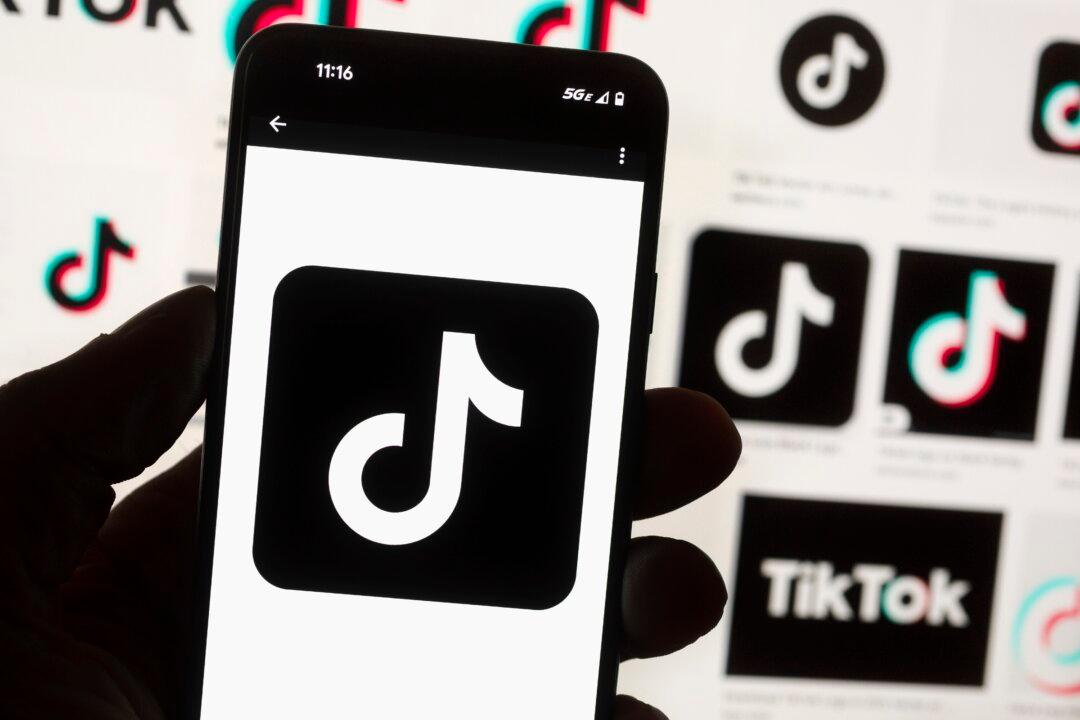The University of Oklahoma is banning employees and students from using the Chinese-owned app TikTok on university devices and networks.
All university-administered TikTok accounts will also be deleted and replaced with alternate social media platforms, according to a Dec. 20 brief addressed to University of Oklahoma students and employees, which was shared on Twitter by local reporter Storme Jones.




